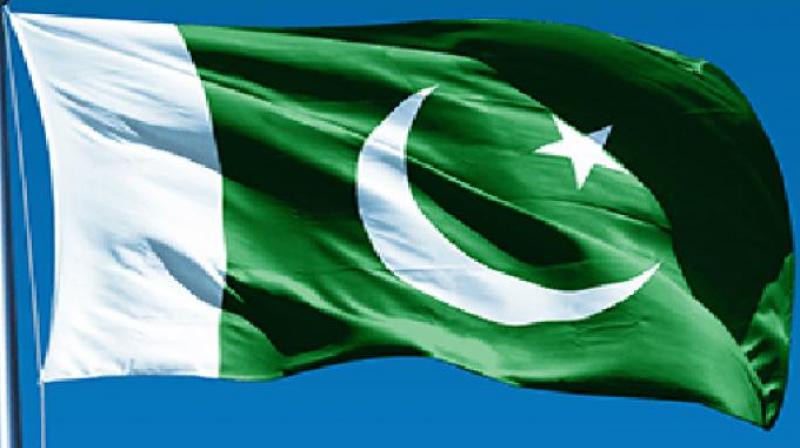Pak's ex-diplomats want govt to be prepared to deter any 'aggressive action'
Amid Indo-Pak tensions, Pakistan's 3 former foreign secretaries have urged their government to deter any \"aggressive action\" by India.

Islamabad: Amidst heightened Indo-Pak tensions, Pakistan's three former foreign secretaries have urged their government to be prepared to deter any "aggressive action" by India after the deadly Pulwama terror attack while engaging in "robust diplomacy" to end the crisis peacefully.
Days after the attack by Pakistan-based Jaish-e-Mohammad terror group that killed 40 CRPF soldiers on February 14, Prime Minister Narendra Modi said security forces have been given free hand to avenge the dastardly act. In a joint article published in Dawn newspaper on Sunday, former foreign secretaries Riaz Hussain Khokhar, Riaz Mohammad Khan and Inamul Haq urged the media, political leadership, intelligentsia and public opinion makers in the two countries to show "responsibility to exercise restraint and take measures to bring some equanimity to the troubled environment".
Titled 'A time for restraint', the article started with asserting that "Tension between Pakistan and India is dangerously high" as Prime Minister Modi gave a free hand to his army to take retaliatory action for Pulwama. India has threatened to "isolate" Pakistan and to strangulate its economy besides taking the symbolic step of withdrawing MFN status, they said.
"This fraught situation can spark a conflict with incalculable consequences for both Pakistan and India. Can they pull back from the brink?" they wrote. They held that "Pulwama is not Mumbai" because the "signature is clearly that of an indigenous operation" and unlike Mumbai when India followed restraint, New Delhi after Pulwama "resorted to beat the drums of war."
They wrote that "Pakistan faces the challenge to avert a catastrophe that Indian actions may precipitate in South Asia."
"First and foremost, Pakistan must be ready to deter any possible aggressive action, without being provocative. Preparedness will itself pre-empt escalation," they said.
Asking India for serious response to Prime Minister Imran Khan's offer to investigate any actionable information, they said, "simultaneously, Pakistan is engaged in and must continue robust diplomacy at every level internationally, bilaterally and at the United Nations".
The trio said that "if formal diplomatic channels with India are paralysed, there is always room for informal contacts." They said that Pakistan "sympathises with and supports" the Kashmiri struggle. But to say that acts of violence in Kashmir at present, such as the Pulwama attack, are sponsored by Pakistan defies not just facts on the ground but basic logic of its policy, they added.
Pakistan carries the baggage of history, like most other nations inherit burdens from the past, including the argument that in the past its policy encouraged non-state actors, such as the proscribed JeM and LeT, they said. Pakistan has suffered massively on this count, they added.
"Autonomous armed groups in a country are a recipe for doom. Pakistan must implement its National Action Plan in letter and spirit," they wrote. However, the trio said that Kashmiri "struggle cannot be held hostage to concerns over terrorism; as it did not help to paint the Afghan Taliban as terrorist, who regardless of their antiquated outlook, are part of Afghanistan's political landscape."
They also said that when there is hope for peace in Afghanistan and the region, "Pakistan-India tension can negate that prospect." The top former diplomats said election of Imran Khan is an opportunity as both the political and the military leadership in Pakistan are firmly and visibly on the same page.
"They are together in pursuit of peace with India and a better, cooperative regional environment. And, they are one alongside the nation if faced with aggression."
They concluded by saying that in the nuclear age, it is axiomatic that an all-out nuclear conflagration is unthinkable.
"So it should also be unthinkable for the two nuclear neighbours to initiate a conflict that has the potential of getting out of control. They must learn to prevent and manage crises rather than spawn and fuel them," the wrote.

